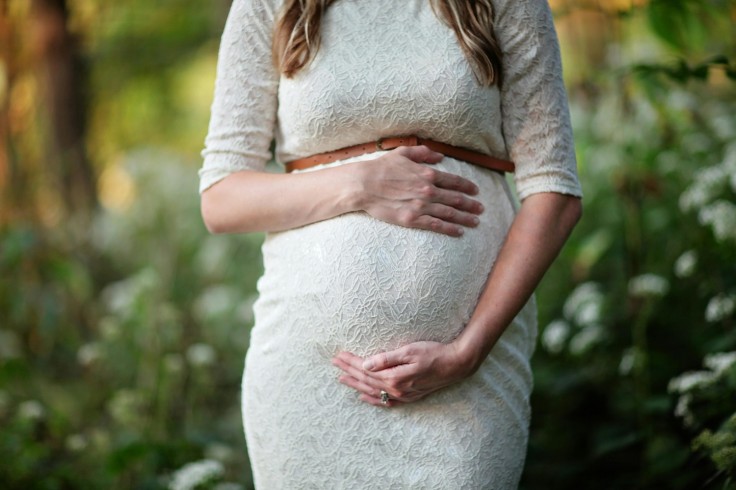
Pregnant women who eat fish could lower the risk of an autism diagnosis in their child by 20%, a new study found.
Fish consumption may also reduce autism-related traits. The researchers noted that this effect was somewhat stronger for female children.
Fish Intake Recommendations
Women who are pregnant should eat at least 224 grams of seafood lower in mercury. It should be limited to three servings every week.
Some seafood is unsafe for pregnant women due to high mercury levels. Large fishes usually have high mercury levels. Some examples are sharks and tilefish.
Some seafood low in mercury include:
Anchovies
Salmon
Sardines
Pacific Mackerel
Shrimp
Tilapia
Cod
Canned light tuna is also a great choice, but it should be limited to six ounces a week.
Seafood contains omega-3. This helps with a baby's brain development.
However, researchers said 25% of pregnant women did not eat any fish. The study had 10,800 pregnant participants.
Read also: Exposure to Wildfire Smoke During Pregnancy May Cause Preterm Birth Complications: Report
Doctors usually prescribe supplements with omega-3 to pregnant women. Some also prescribe fish oil.
The study did not find a similar result in mothers who took either supplement.
Other foods like walnuts also have Omega-3. It was not clear if eating these foods during pregnancy could also help lower the risk of autism.
What Else To Eat During Pregnancy
Another recent study found that eating cheese during pregnancy also improves neurodevelopment in babies.
Researchers said children were less likely to have delays in communication, gross motor, and fine motor skills. Those who ate miso and yogurt had the same result.
Pregnant women eating nuts over five times per month lowered their child's risk of nut allergies, a separate study found. Researchers in that study compared the results with children whose mothers avoided nuts.
This was also seen in children whose mothers ate peanut butter.
The researchers said the reduced risk was not seen in children whose mothers had a history had nut allergies.
The researchers noted that women who have nut allergies should not consume peanuts during pregnancy.
Both research was in line with the theory that exposure to early allergens could increase a person's tolerance.
RELATED ARTICLE: 10 Foods to Avoid During Pregnancy